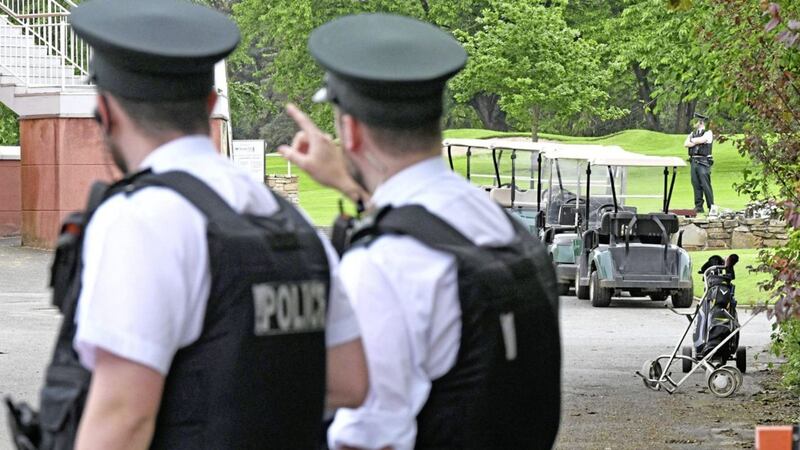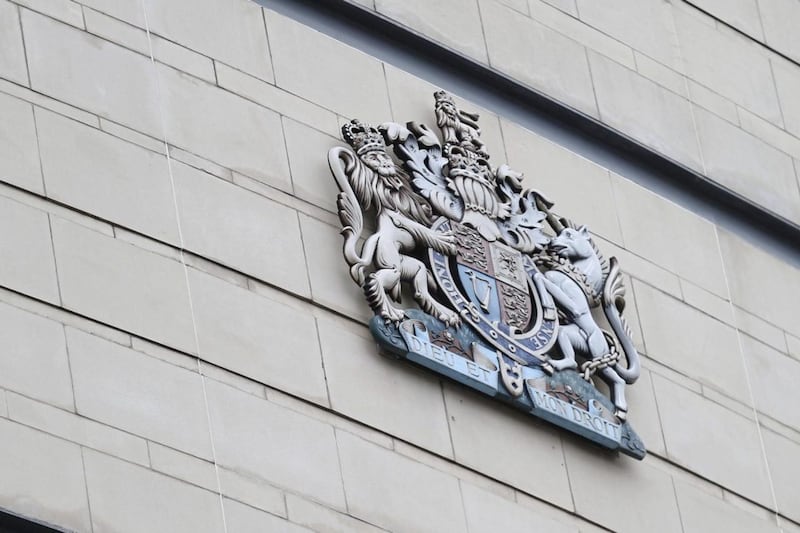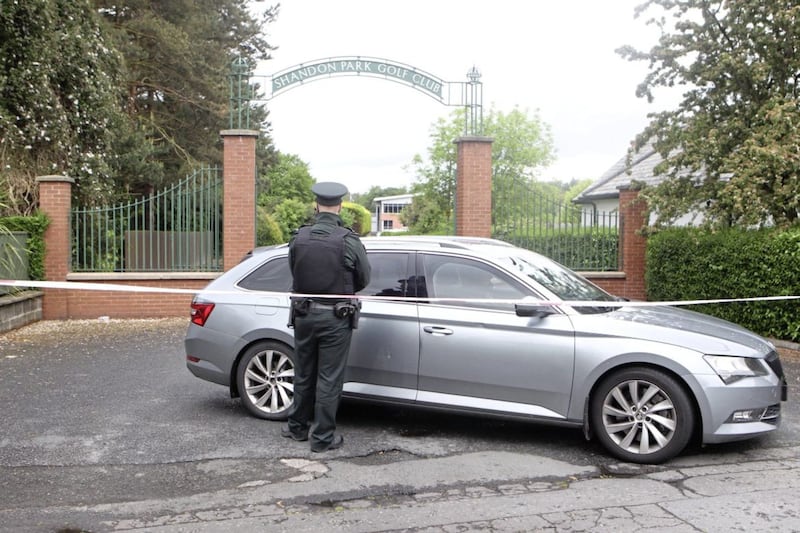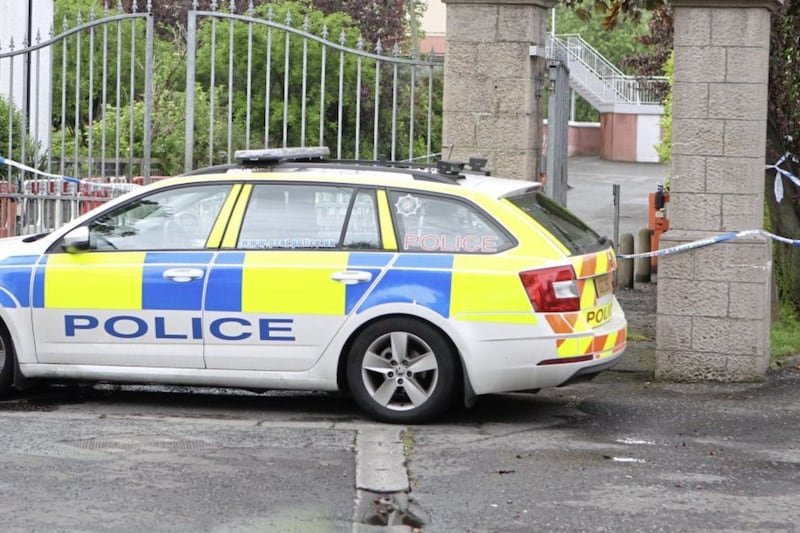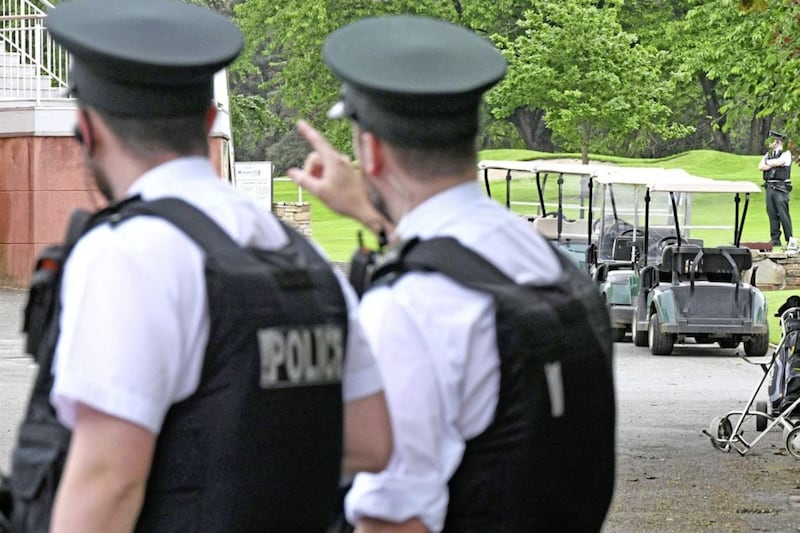A MAN accused of trying to murder a PSNI officer has been given a date for his legal bid to halt the prosecution.
Peter Granaghan (39) faces charges linked to the discovery of a bomb under the policeman's car at a golf club in east Belfast last year.
But he is to challenge the strength of the evidence at a preliminary inquiry later this month.
Two police officers and a DNA expert will be called to give evidence as defence lawyers seek to establish Granaghan has no case to answer.
The two-day hearing has been listed to begin at Belfast Magistrates' Court on October 21.
Granaghan, of Blackrock Park in Belleek, Co Fermanagh, is currently in custody charged with attempted murder, as well as making and possessing explosives with intent to endanger life.
He denies involvement in the thwarted attack for which terror grouping The New IRA claimed responsibility.
The off-duty officer found the booby trap bomb below his car while it was parked at Shandon Park Golf Club on June 1 2019.
He had just finished a round of golf and was walking back to the vehicle when he spotted something underneath it.
Army technicians carried out a controlled explosion at the scene to disrupt the device and seize items for forensic examination.
Granaghan is allegedly linked by forensic evidence on parts the bomb.
Previous courts heard that a partial DNA profile found on the components is a billion times more likely to come from the accused than anyone else.
Searches at the accused's home led to the discovery of republican material which "shows a certain mindset", it was contended.
But Granaghan's lawyers claim the case against him is weak.
They insist that any forensic traces on wires and battery connectors can be explained by innocent contact during past work as an electrician and handyman.
The DNA is the only evidence against the accused, according to the defence.
Those submissions will now come under further judicial scrutiny when the preliminary inquiry gets underway.
